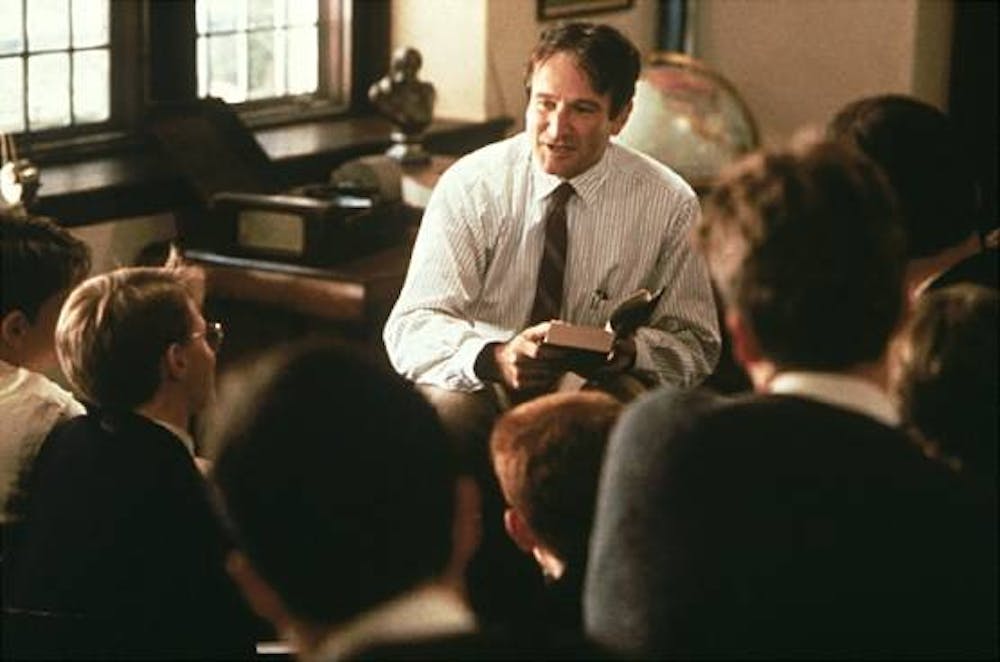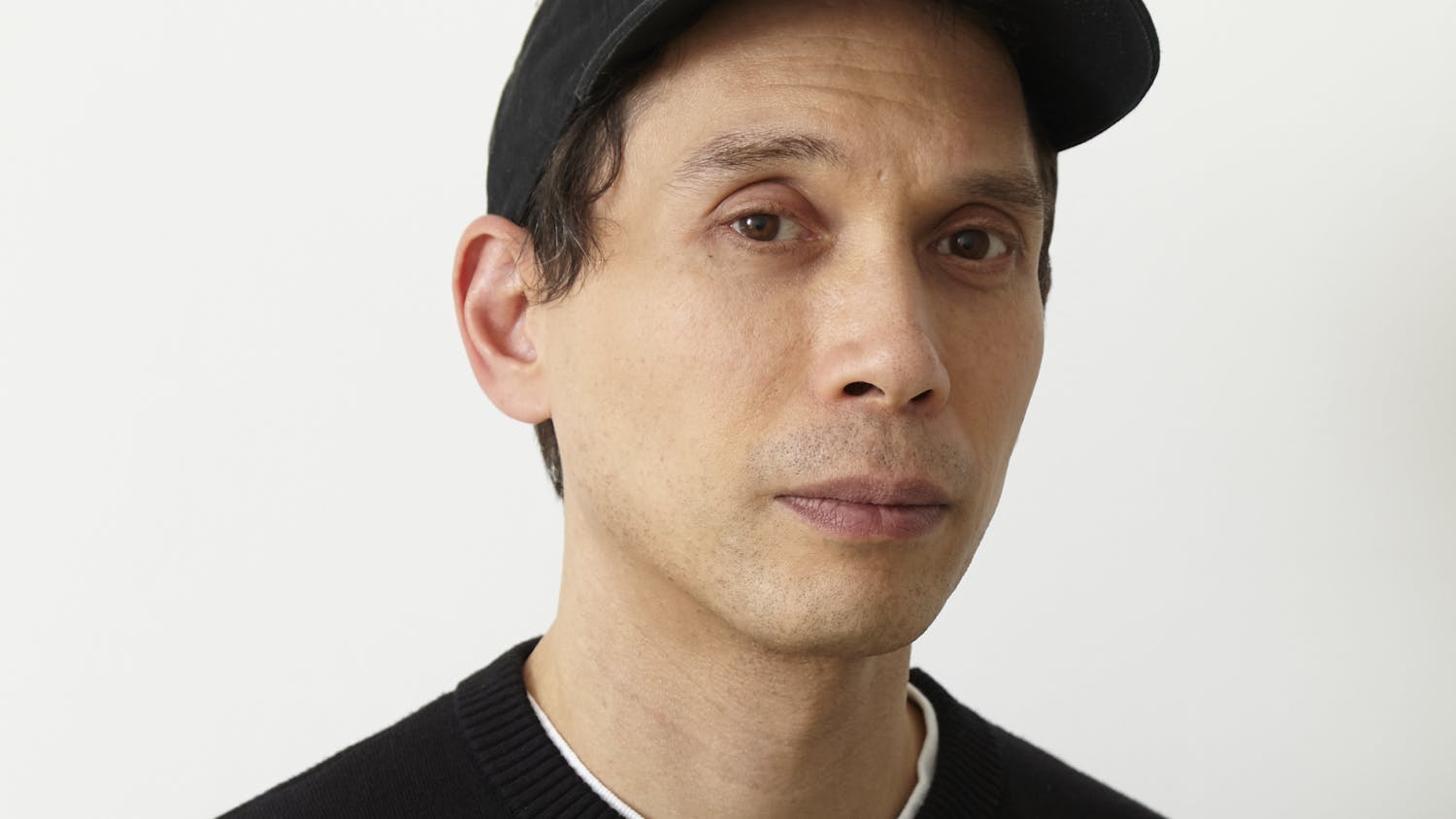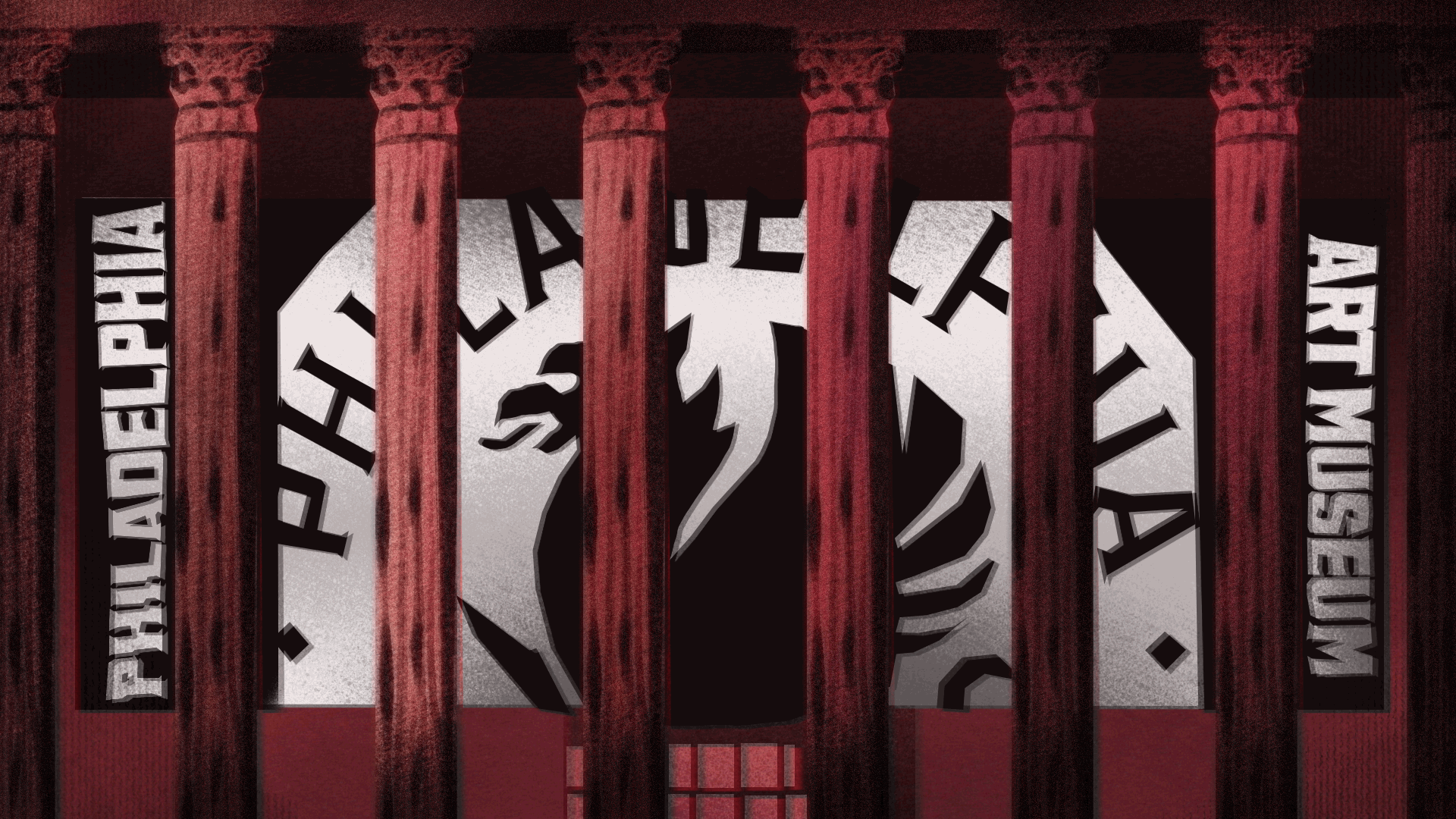Michelangelo (1475-1564) You may only know this Renaissance man for his impeccable sculptures and paintings, but he was also quite the love poet. Writing over three hundred sonnets in his lifetime, Michelangelo, like Shakespeare, composed several sonnets for a specially admired young man. Michelangelo additionally held a soft spot for a poetess named Vittoria Colonna, with whom he exchanged intimate letters for 10 years. She was the spiritual muse of much of his work, in which he yearned for the ideal and unattainable woman. Poor, poor, Michelangelo.
Poems to Read: “Celestial Love” and “To Vittoria Colonna” Lesson Learned: Set realistic standards in your love life if you want any lovin’ at all.
Benjamin Franklin (1706-1790) We all know the founder of our university had one wild love life (with many bastard children as by–products), but he was able to share his wisdom on women just as well as his wisdom on establishing a republican democracy. For one thing, Franklin claimed that a single man is “an incomplete animal.” For another, Franklin warns you not to rush into marriage, which grows tiresomely boring, in case a fair Venus mystically appears and gives you a call.
Poems to Read: “Fair Venus Calls” and “Wedlock” Lesson Learned: Explore all your options. Spice up your life.
William Blake (1757-1827) This poet–painter–printmaker fell in love with his wife when she pitied him for having been rejected by another woman. Blake was a predecessor of the 20th century “free love” movement, arguing against marriage without love and against chastity as a virtue. Blake has several about those sappy feelings of being connected with your heart's other half. Otherwise, remember, “If a thing loves, it is infinite.”
Poems to Read: “Love and Harmony” and “The Garden of Love” Lesson Learned: Love is a beautiful thing that everyone ought to have.
Beethoven (1770-1827) Though this musical genius did not actually compose poetry, he wrote about fifteen love letters to a certain woman named Josephine. He carried on romantic exchanges with some other women throughout his life, though he never tied the knot. They were women beyond his common social class, so he was rejected due to societal custom, though they may have reciprocated his love. In his most famous letter whose recipient is not distinguished, Beethoven wrote with musical, poetic repetition: “what tearful longings for you—you—you—my life—my all—farewell.”
Look Up: “Good morning, on July 7” Lesson Learned: Make sure your “Immortal Beloved” is someone you can actually be with.
Pablo Picasso (1881-1973) Picasso, who claimed “women are machines for suffering,” was notorious for carrying on affairs with hundreds of the ladies he encountered. Although he only had two wives, there were seven women very important in Picasso’s life, each of whom has her own Picasso portrait. Two of these women were suicidal and two went mad. When the guy writes poetry about being incomplete without his passionate love by saying “Your hair is my forest of ecstasy,” you might understand why.
Poems to Read: “Does She Know I am There? I Doubt” and “My Love Has Withered Away” Lesson Learned: Stay away from depressed, obsessive creeps.







